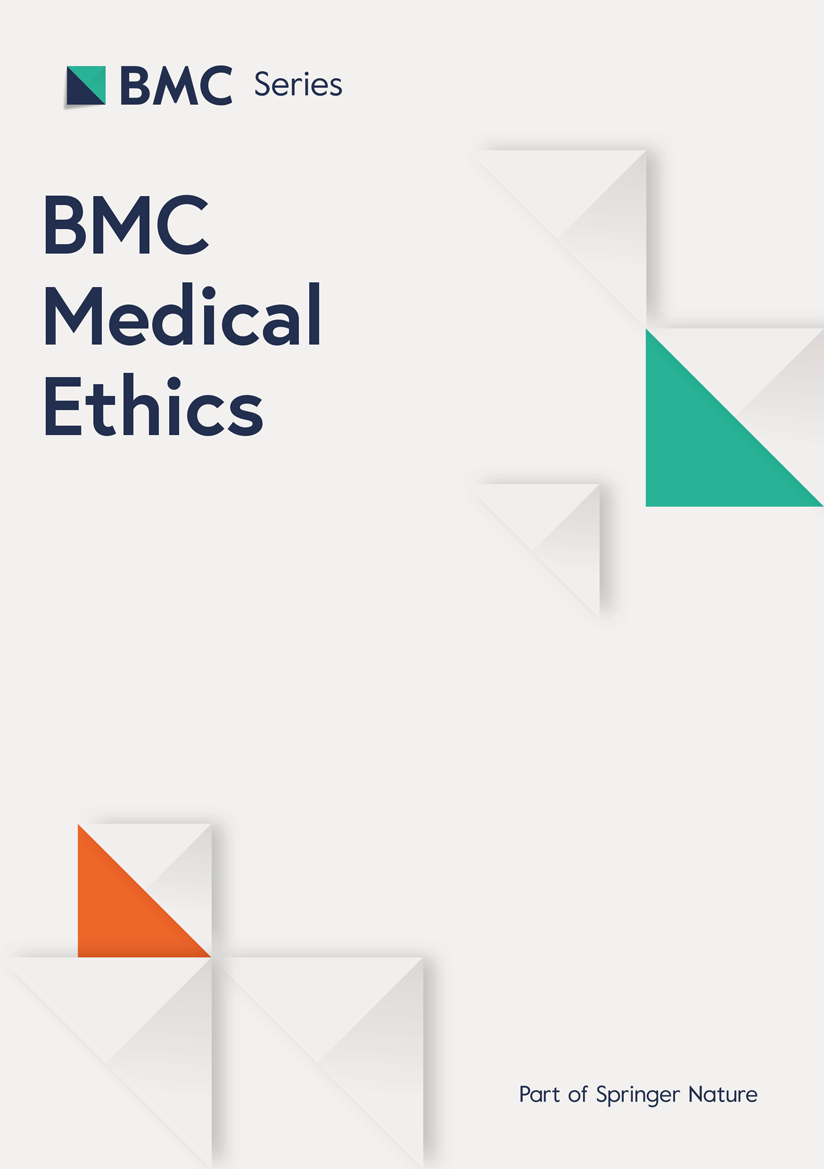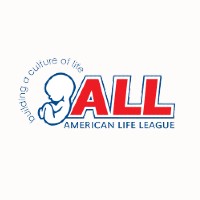A quantitative study of nurses perception to advance directive in selected private and public secondary healthcare facilities in Ibadan, Nigeria | BMC Medical Ethics

This study focused on nurses’ perceptions on the benefits, the role of nurses, and the negative aspects of AD at public and private secondary healthcare units in Ibadan, Nigeria. Positive perception regarding AD advantages was found among nurses at both public and private secondary healthcare units. This supported previous reported finding in Australia and Korea. According to these researches, AD guarantee patient autonomy, improve end-of-life care, and give patients a chance to reflect on their own dying stage and demise [22,23,24]. The study findings also agreed with prior researches where it was reported that the enforcement of ADs relieved families and patients’ financial, emotional weariness and disagreement [24, 25] as we found that, participants agreed that AD can reduced needless stress, excessive spending and prevented or resolved conflict among healthcare practitioners, patients and patients relatives.
Nurses are more available at hospital and are closer to patients than any other healthcare practitioners. As a result, they agreed they are the best resource for patients and their families seeking information about AD. This support earlier researches in Portugal, Korea, New Zealand, and Australia [3, 12, 22, 24, 26]. The disparity reported on who is proficient in figuring out the appropriate time to initiate AD among the two group of nurses could be attributed to the quantity and quality of training enjoyed by these nurses. While more trainings are planned for nurses at the public sector, little of such training is available for nurses at the private sector in Nigeria. Davidson et al. also reported that nurses are in the best position to initiate AD [12]. On who should start the end-of-life conversation with a patient, the nurses at the two healthcare facilities had contrasting opinions. Nurses at private facilities saw it as the doctors’ obligation to begin and record the decision while they made the document readily available when needed, in contrast to nurses at public hospitals who saw it as their role. These was similar to findings in South Africa, Korea and Australia by Bull and Mash, Son et al., and Hobden et al. [24, 27, 28], where nurses saw themselves as the custodians of AD document rather than its initiators and/or implementers. The findings demonstrated that nurses in the private sector are more likely to refer patients whose orders they find objectionable to another nurse or facility. These both supports Siamak’s [23] findings that nurses have the autonomy to decline participation in the withdrawing or withholding of treatment if such a decision contradicts their personal and/or professional convictions and Hobden’s [27] findings where 60% of their study participants showed neutrality or disagreement that ADs will still be adhered to even if the medical team does not agree with them. Fear of litigation and the fact that nurses at the public sector enjoyed more autonomy, employment security, and public reputation than those in the private sector are some contributing factors to this [26]. Making known and reporting violation of patients’ directives were found to be nurses’ responsibilities in the present study. This was in consistent with Hobden et al. [27] that found nurses play a key role in ensuring that patients’ preferences are honored throughout end-of-life care.
Regarding AD’s shortcomings, the study demonstrates consensus that AD has some degree of negativity, but to various degrees. Over 50% of the study participants in the two sectors agreed and are neutral on the statement that many ambiguous terms are frequently used in AD without enough context or justification thereby making it difficult to interpret. Previous researchers have also noted that unclear instructions and the use of ambiguous language could lead to misreading of patients’ preferences [20, 21, 27, 29]. The fact that patients’ mostly give their directives verbally when they are critically ill and sometime by their relatives in Nigeria can also contribute to the misapprehension of the directives [7, 30]. More public sector nurses thought it was challenging to prove that AD is certain and accurately reflect patients’ current preferences and this made its implementation challenging. Reasons could be because, patients’ decisions regarding their treatment preference evolved over the illness episode due to factors like finance, relative decision, religious beliefs among others. However, these changes may not have reflected in the patient AD or known to the patient proxy. These contributed to the controversy in its implementation. Thus, decisional conflict that results from translating a written order into practice has previously been identified as an obstacle to the application of AD [26,27,28]. Ernestina et al. [3] showed that AD can fail in practice if changes in patient personal value fail to reflect in the directive. Therefore, AD should be periodically addressed and revisited for timely updates [21]. More than half of the study participants agreed that, there are chances that patients will asked for treatment that is not in their best interests in their AD. This finding supported researches conducted in Queensland, Australia, and Korea where it was reported that AD inhibited medical personnel from providing ethically and medically appropriate treatment to patient [20, 26, 29]. Inadequate knowledge and wrong cultural preconceptions about health, illness and treatment among patients could contributed to this perception. This study has been able to support existing knowledge that religion affiliation influence perception to end-of-life care [31, 32]. While more Christian nurses are optimistic on the benefits of AD than Muslim nurses, more Muslim nurses believed they have a role to play in its initiation and execution than their Christians counterpart and thought AD had lesser flaws than the Christians. One of the tenets of Islam is to work for this life as if you were going to live forever and strive for the afterlife as if you were going to die tomorrow [33]. The Holy Qur’an also instructs Muslims to prepare and strategize their affairs. These may have influenced their perception that they have a greater role to play in the planning and implementation of the patient’s AD and support for AD. The Christian religion also supports AD as useful because it aids patients to avoid unbeneficial treatment [34].
In line with the theoretical explanation, the study had demonstrated that although AD has some benefits, such as quick decision-making, conflict resolution, and the prevention of wasteful spending; nurses as members of the healthcare team have a role to play in its initiation and implementation of AD. However, AD does have certain unintended consequences, which are its drawbacks [17].
This study has added to the corpus of research by identifying the perception of AD at the secondary healthcare facility in Nigeria and the chance that it will be adopted by nurses, who make up the majority of healthcare professionals. The study is limited by the use of the Likert scale to score nurses’ perceptions, which might have inhibited participants from fully expressing their perspectives on the matter. Further research should look into the acceptance of AD among terminally ill patients and their families as well as the amount of abuse or improper inducement of AD among healthcare professionals in secondary and tertiary healthcare facilities in Nigeria.
link







